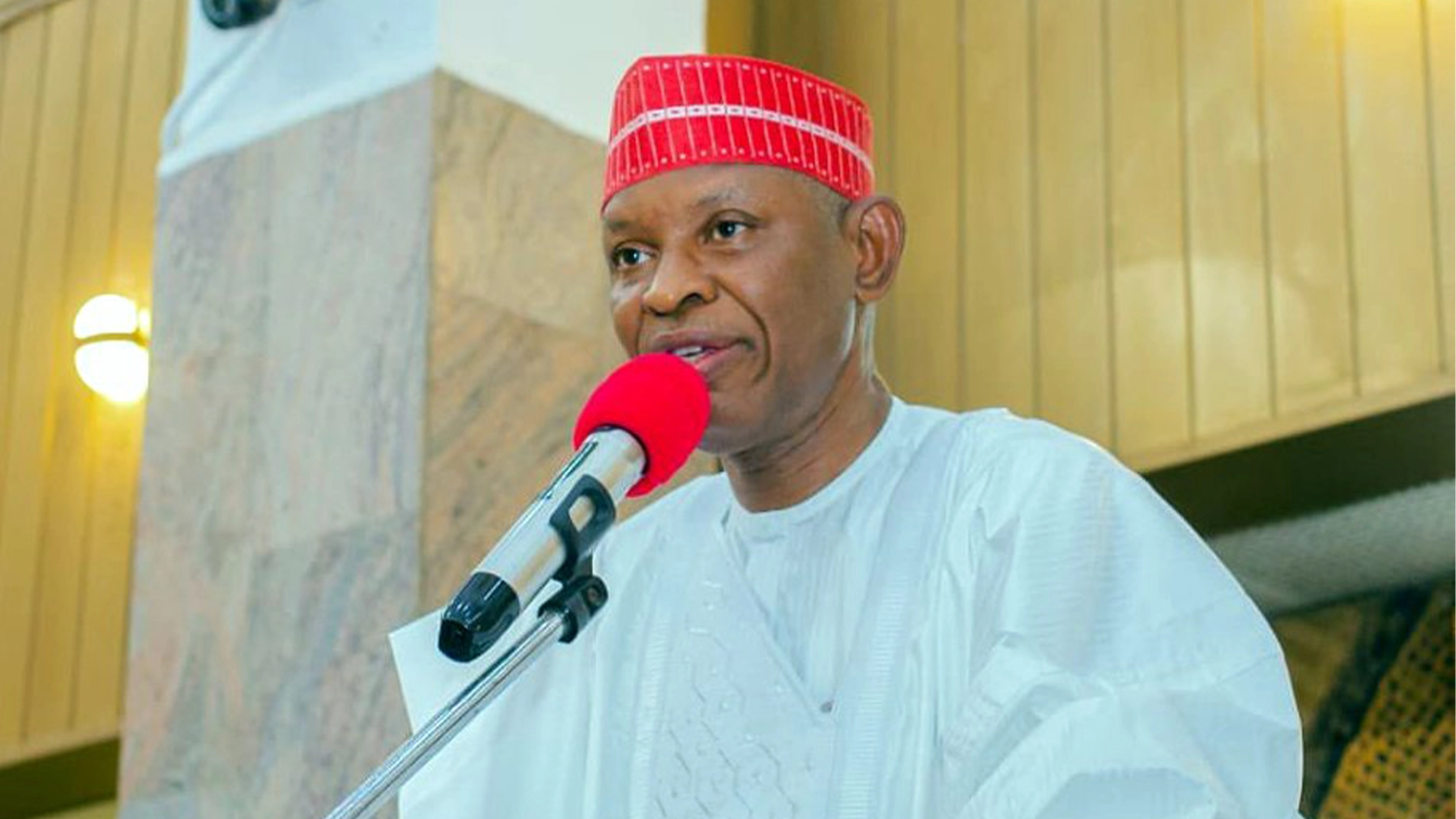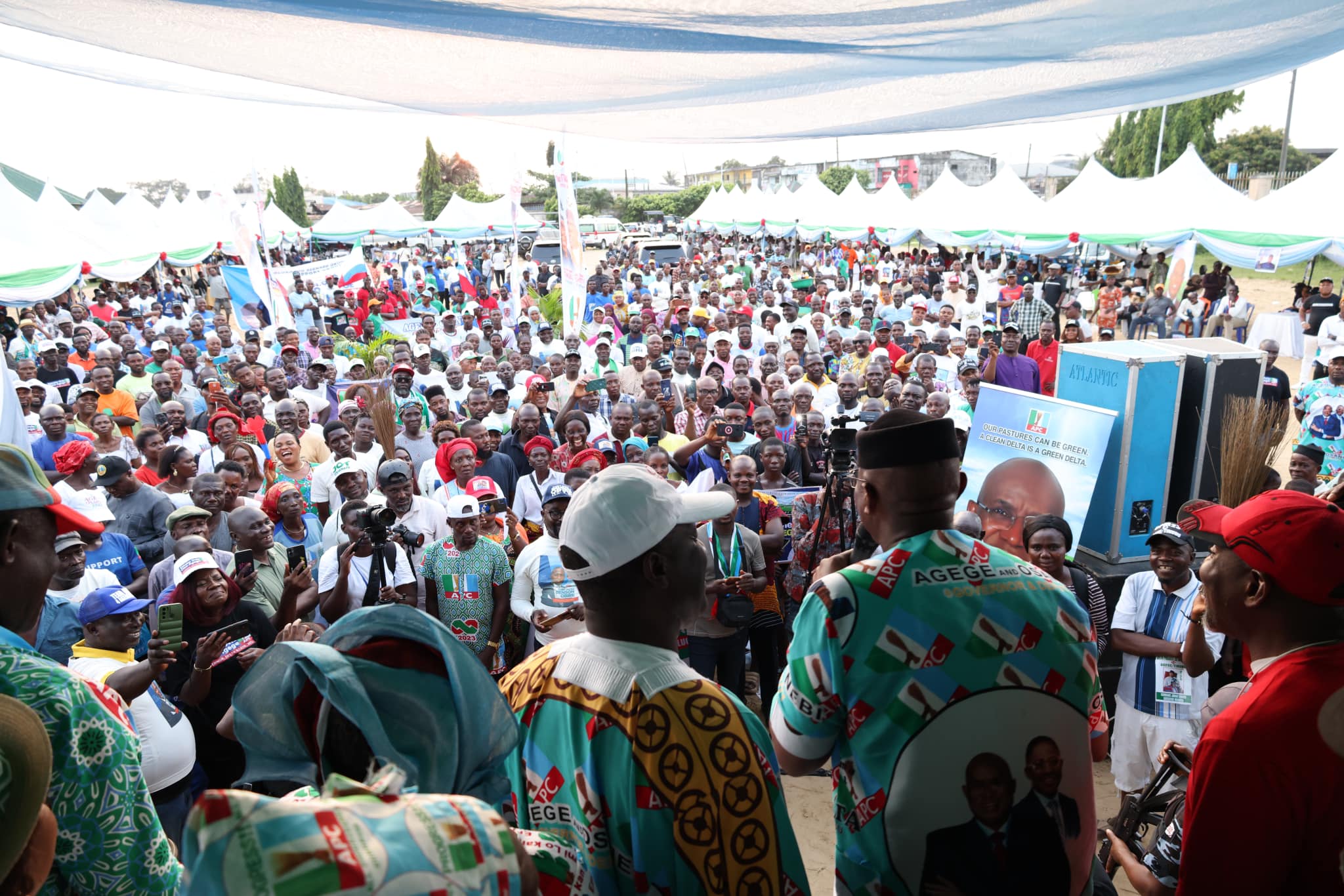In delivering the keynote address at the just-concluded 2025 National Summit of the Local Government Service Commissions (LGSCs), I was compelled to observe the significance of the Summit coming on the heels of the 2024 reconvened National Council of the Civil Service Commissions of the federation as well as the Biennial Assembly and Conference of the African Association of Public Service Commissions (AAPSCOMMSs) which held in Nairobi, Kenya, also in 2024.
These meetings and events signal the possibility that the public administration communities of service and practice in Nigeria might be waking up to their gatekeeping responsibilities in a collective bid to strengthen the profession of public administration in Nigeria and on the continent. This is a very good signal. And it is one that the Federal Civil Service Commission is ever ready to extend and partner with the Association of the LGSCs in concretising.
This emerging awareness is crucial given that all across the globe, there is consensus regarding the significance of local governance and the strengthening of democratic governance through the devolution of powers to local authorities. This growing awareness is even more important for developing contexts like Nigeria where democratic governance must necessarily constitute the means for activating development. This immediately reveals the ideological dimension of the ongoing discussion in Nigeria around the necessity of reforming the local government as the formidable third-tier of democratic government as well as grant it autonomy to deliver on local and grassroots governance.
Successfully reforming the local government is therefore the way to go in placing the grassroots and its potentials at the center of democratic governance in Nigeria. There is no doubt whatsoever that the grassroots, aside its democratic potentials, also possess the natural resources and the requisite capabilities that could be harnessed to lift millions of Nigerians out of crippling multidimensional poverty. The grassroots possess the social capital that enables the people in the various rural communities to organise themselves around the available resources that could facilitate inclusive growth and development.
This could therefore enable the government to mobilise local governance as a complement for achieving democratic governance, as well as consolidate, for example, the sustainable development goals (SDGs).The implication of all this, and especially of the government’s reform that grants financial autonomy to local government, is that there is now a larger imperative – involving the LGSCs – that focuses on the significance of local governance and its capability readiness for the national development and democratic projects in Nigeria.
The idea of the civil service commission (CSC) came out of the Northcote-Trevelyan civil service reform of the British civil service in 1885. It was meant to serve as the gatekeeping mechanism for preserving and protecting the merit system, professionalism and the vocation of the civil service. Its responsibility is to ensure that the system only recruits, trains and absorbs those who have the public spiritedness which insists on deferred gratification in the service of the public.
In the Nigerian case, and beyond the emergence of the FCSC and CSCs of States, the LGSC came out of the 1976 local government reforms with the constitutional mandate to standardize the administrative and personnel practices, maintain professional standards conducive for efficiency at the local authority level, as well as overseeing manpower planning, assessment of staffing requirements, career management, training and capacity development, and so on. And the most fundamental criterion for evaluating the efficiency and the capacity of the LGSC to not only manage the affairs of the local government is now to also monitor and guarantee the degree of local autonomy enjoyed by the LGAs.
The Local Autonomy Index, for example, provides a barometer that speaks to the level of autonomy enjoyed by any local authority: Is the leadership of local councils locally and freely elected? Is local revenue available for the use of the local governments? Do LGs generate and implement their own budget? Can LGs seek legal redress if any other tier of government breaches its enabling law? Do LGs enjoy administrative autonomy to control their management systems in terms of the recruitment and appointment of their own staff, etc.?
The autonomy issue intersects the deepening of democratic governance in Nigeria because granting the third tier its governance autonomy implies allowing it to deploy its resources and national revenue accruing to it towards catalysing poverty reduction, wealth creation, and economic development. All these in turn become the bedrock for the transformation of the economic basis of the Nigerian state itself.
Indeed, the Ojetunji Aboyade Committee on Revenue Allocation of 1977, by assigning a share of revenue allocation from the Federation Account to local governments and like the other two tiers, had set it in good governance stead to become a focal point of significant development activities that require high-calibre professional personnel to manage. And given the recent Supreme Court judgment on local government fiscal autonomy, there is the serious possibility that an era of robust and vibrant local governance is about to dawn in ways that takes the local governments away from its low fiscal responsibility towards a model of developmental efficiency.
Even putting the autonomy issue in this optimistic frame must anticipate serious issues that intersect with the current problems attending the nature and status of the local government as the third-tier of government in Nigeria. One reality is that many of these local government areas were created not because of any concern for administrative viability, but more importantly to service political patronages and necessities.
Olaopa is Chairman of the Federal Civil Service Commission and Professor of Public Administration, Abuja.






